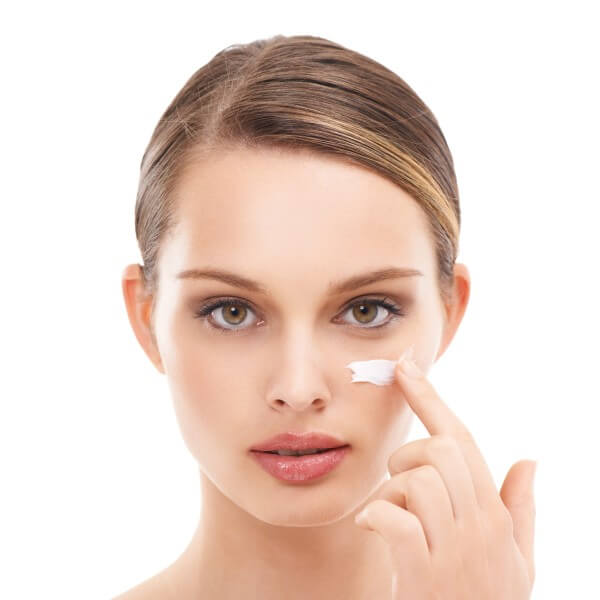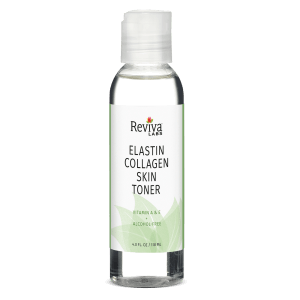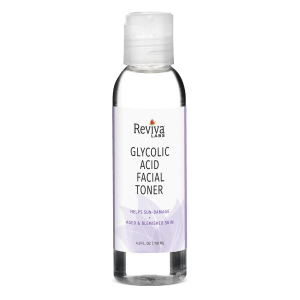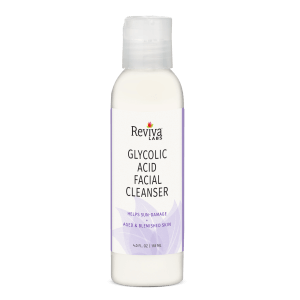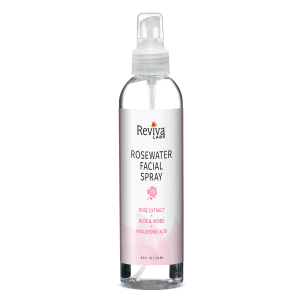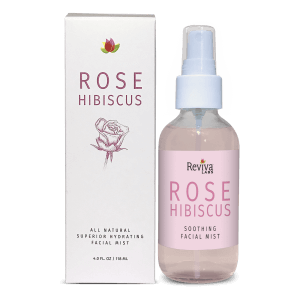Ingredients, Skin Care
What Is the pH of Skin? And why is it important for healthy skin?
The pH level of skin is measured on a scale from 0 to 14, with 7 being neutral. The optimal pH for healthy skin is between 4.5 and 5.5, which is slightly acidic. This helps to prevent the growth of bacteria or fungus and promotes the natural functions of the skin; producing natural oils, sweat, and sebum. There are many external factors which can change your skin’s pH – from stress to weather conditions and even your cleansing routine. Keeping your skin in check with a balanced pH balance is crucial for maintaining healthy-looking skin that feels great and looks great too!
What affects the pH of skin?
There are many factors which can affect the pH of your skin and cause it to become unbalanced. Some of the most common factors include stress, diet, environment, and general health. A healthy lifestyle will help you to maintain a balanced pH of your skin. A balanced diet, plenty of hydration, and rest are all crucial to having healthy-looking skin. Stress can be a common cause of unbalanced skin pH. It can lead to an increase in cortisol which in turn can cause a reduction in the production of sebum, slowing the skin’s natural functions. A lack of sleep can also have a negative impact on your skin’s pH. It can cause your body to produce less collagen, which can lead to fine lines, wrinkles, and a dull complexion.
How to balance the pH of your skin?
Maintaining a pH balance of your skin is crucial for healthy-looking skin. There are a few ways that you can achieve this. First, you should be aware of the pH level of your skincare products. Avoid using products with a high pH level because this can cause your skin’s pH to rise. Use products with a low pH level to help reduce the pH of your skin.
Try to use products with ingredients that help to naturally keep the pH of your skin in check – such as tea tree oil, aloe vera, or rosewater. Balancing or restoring the skin’s pH is why many people use toners after cleansing. It helps to not only remove cleanser residue but toners can also help restore the proper pH level of your skin.
You should update your daily skin routine if you notice your skin’s pH is becoming unbalanced. Changing your diet, sleeping well, and practicing self-care are all great ways to help restore the natural pH of your skin. If you’re healthy, your skin’s pH is probably healthy too.
What is a balanced pH?
In terms of skincare, a balanced pH is around 4.5 to 5.5. We know that the optimal pH for healthy skin is between 4.5 and 5.5, and that anything above or below this range is unbalanced. If your skin’s pH is too high, it may become sensitive and itchy. If your skin’s pH is too low, it may appear dry and flaky. In both cases, it’s important to restore the pH of your skin, as it will assist in preventing breakouts and infections.
Tips to maintain healthy skin with balanced pH
Avoid abrasive skincare.
A common misconception is that rough exfoliating or scrubbing your skin will help to promote a healthy glow. This often causes irritation and redness. Avoiding abrasive skincare, such as loofahs and microbeads, and opting for a simple facial sponge instead, will help to maintain healthy-looking skin with a balanced pH.
Avoid alcohol-based skincare.
Many people assume that alcohol-based skincare products are better for your skin because they are more drying. However, this only helps to strip away your skin’s natural oils, which can lead to redness and irritation, and a compromised skin barrier. Avoiding alcohol-based skincare products is key to maintaining a healthy pH of your skin and feeling confident in your skin. – Avoid overly moisturizing skincare. Yes, we know that dry skin isn’t great for your confidence but using overly moisturizing skincare products can cause your skin to be oilier and more unbalanced. Look for skincare products that offer a simple balance between hydration and oil control.
Avoid products with strong fragrances.
Strong fragrances are often packed with artificial ingredients – and these can cause irritation and be damaging to your skin. Look for skincare products that are fragrance-free or mild.
Avoid products with too many ingredients.
While skincare products may seem like a good way to incorporate multiple elements into your routine, too many products can be harmful for your skin. Stick to products with a simple formula containing the essential elements your skin needs, such as hydration, oil control and sun protection.





